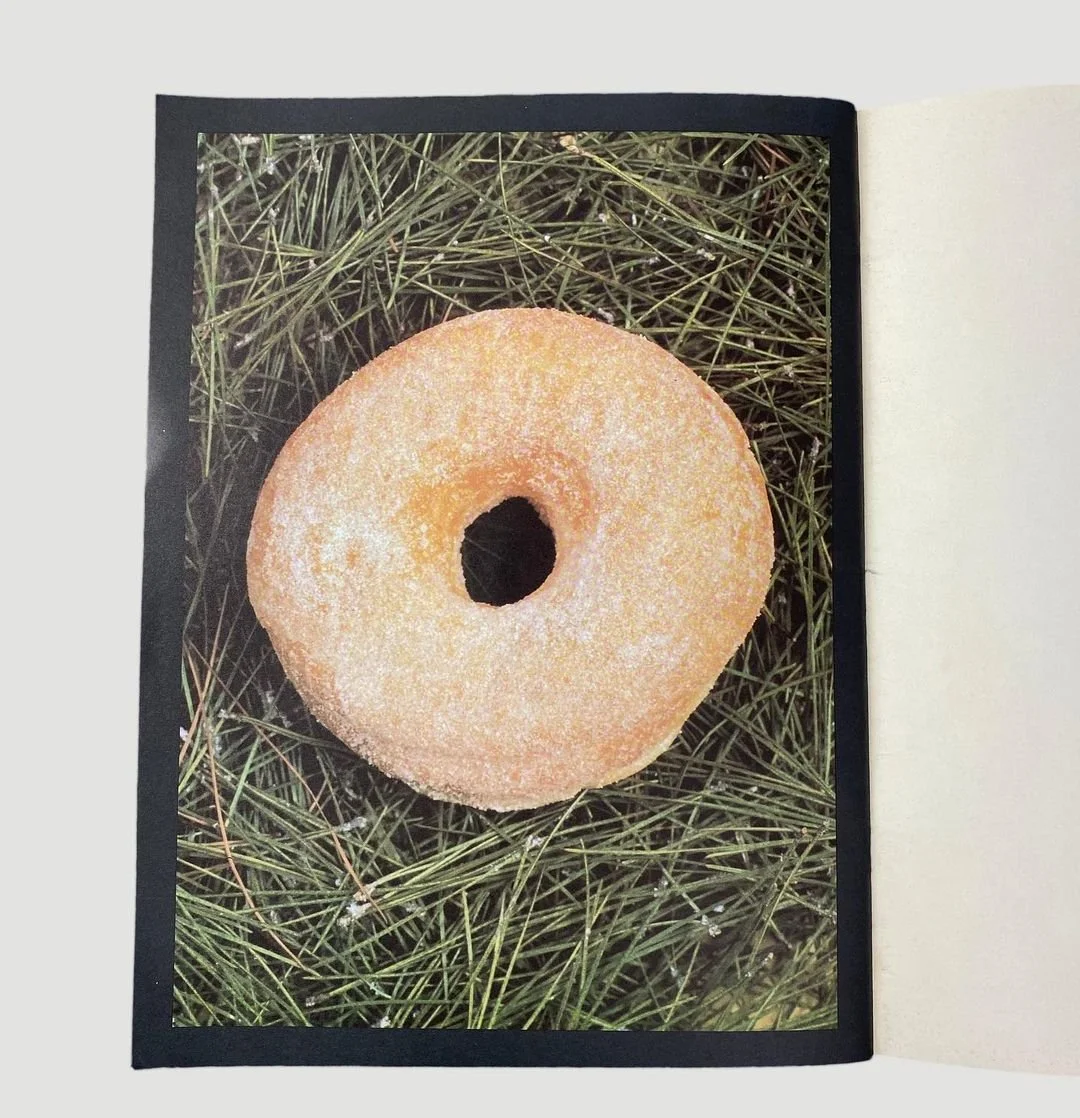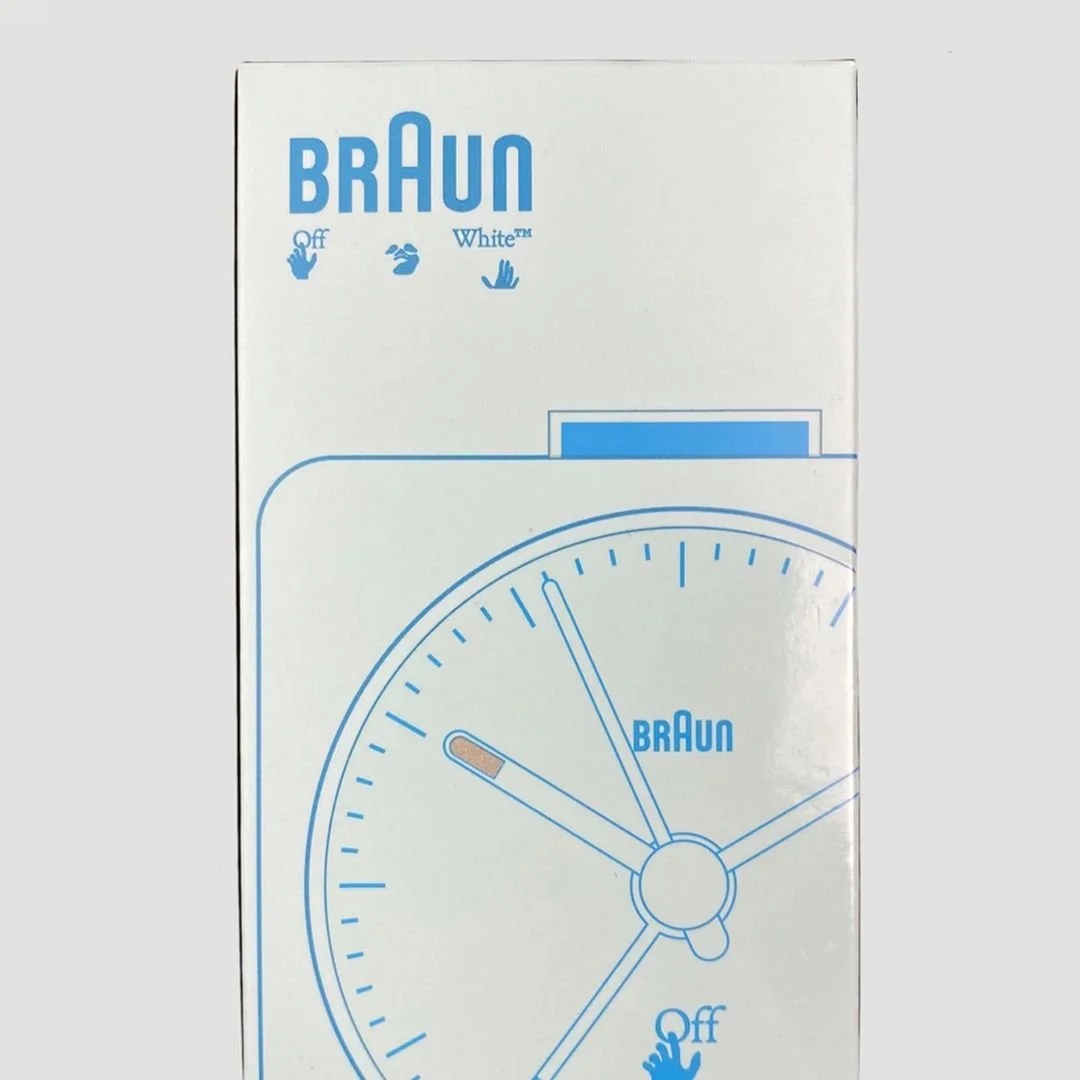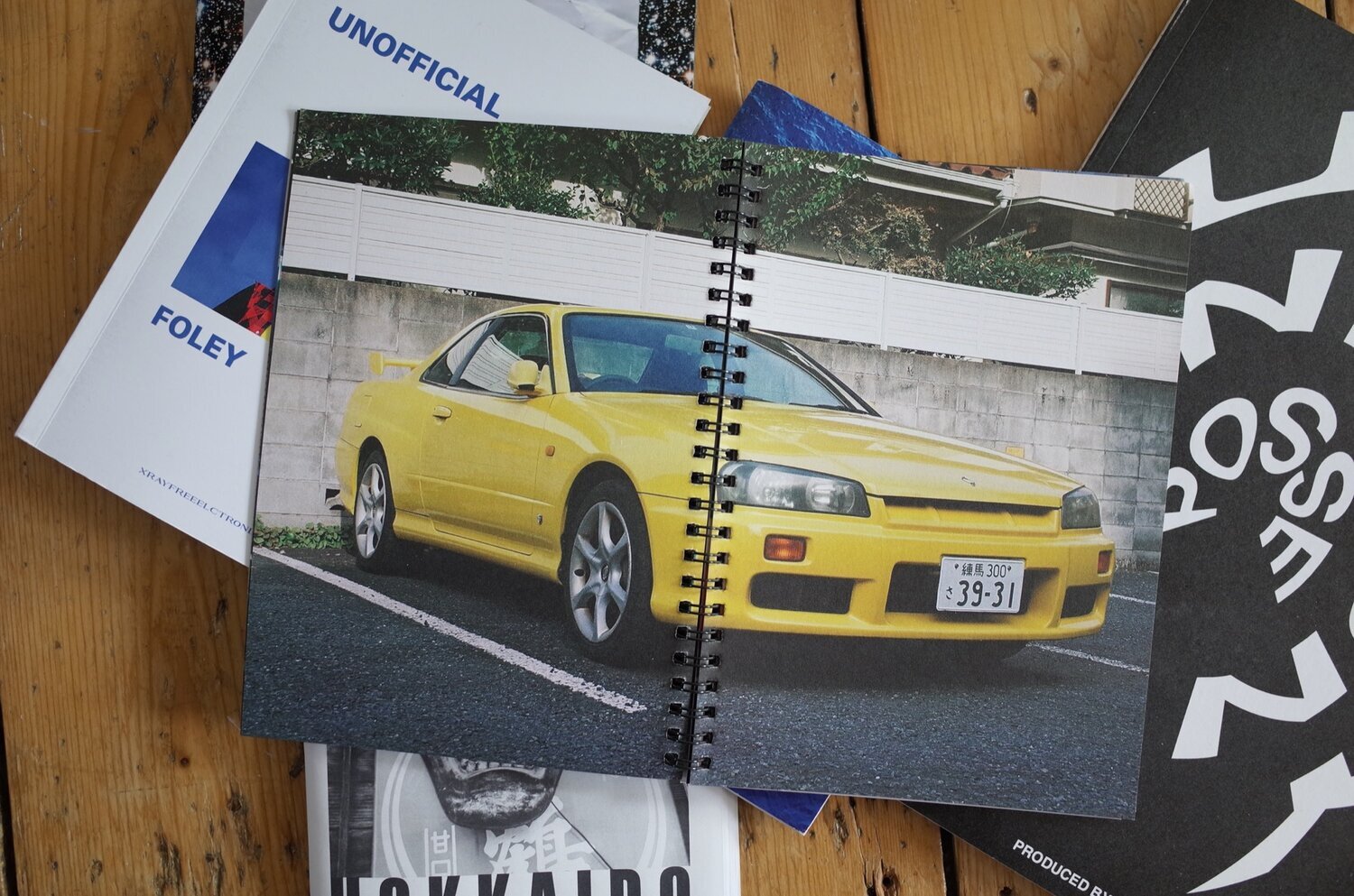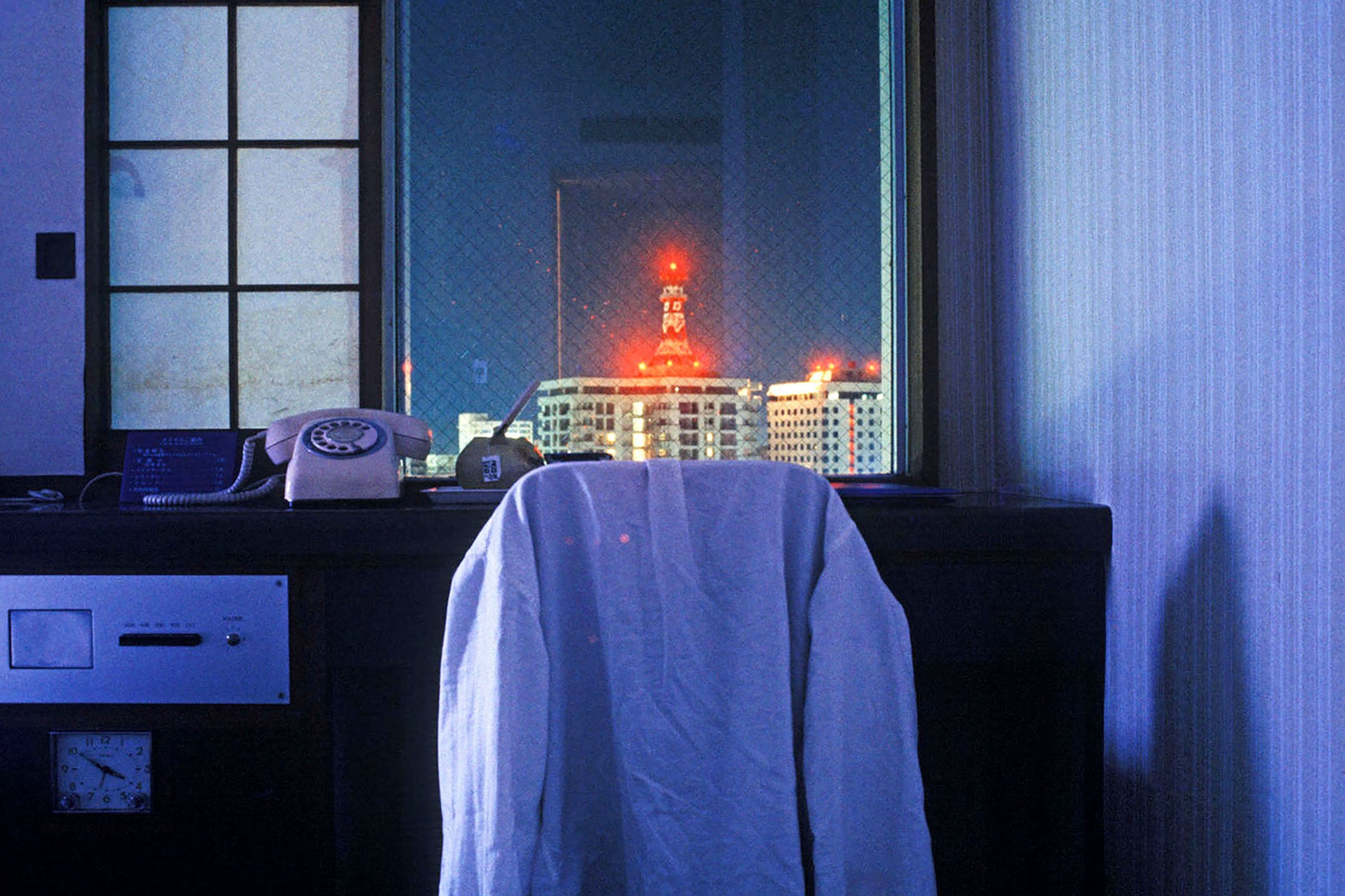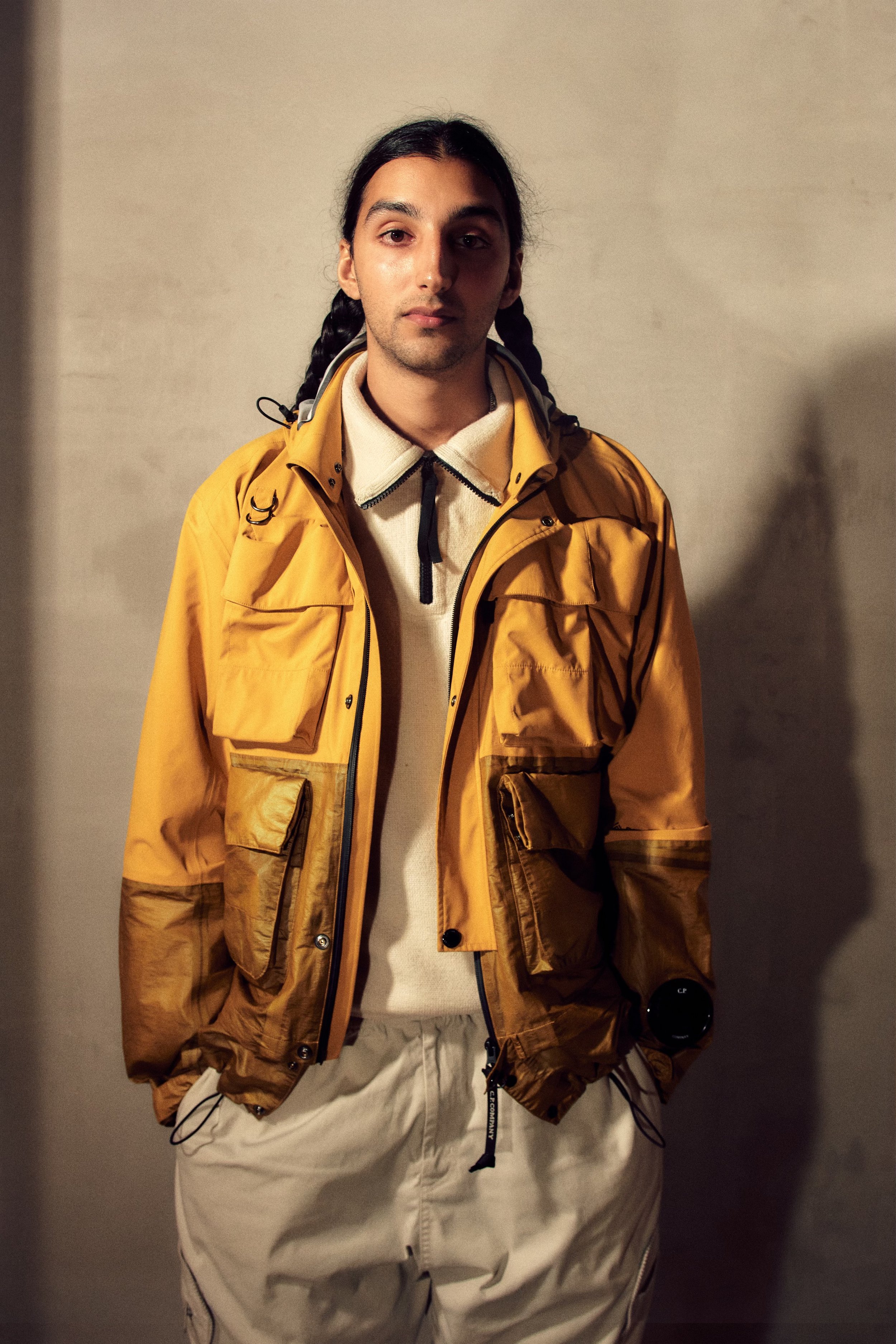Unified Goods: Using the Past to Progress Culture Forwards

In the present day, the past is easier to grasp than ever before. Whether it’s the AI algorithm serving up long-lost city pop, or the notorious cult films that are only a click away, perhaps one of the main defining characteristics of the current era is our convenient relationship with recent history.
That said, there’s still no substitute for accessing this stuff in physical form, and although it might not take long to find a poorly digitised copy of a Derek Jarman super 8 film on Youtube, or maybe a few low-res scans from an old Face photoshoot on an Instagram moodboard page, these metaverse versions still don’t hold a candle to the real thing.
That’s where Unified Goods comes in. From pristine copies of Perfect Blue on VHS to official Aphex Twin beach towels, the London-based shop sells tangible cultural artefacts from the not-so-distant-past—liberating rare gems from attics and wardrobes around the globe. And whilst niche culture can often be a bit of a closed-off clique, the shop is anything but elitist—choosing to share the knowledge rather than belittle those who aren’t in the know.
With founder James Goodhead currently scouring the streets of New York for new stock, Sabukaru talked to him about hoarding, Fargo snow globes and nostalgia…
How did Unified Goods come about in the first place? What was the spark that sort of set it off?
There was definitely a huge gap in the market when Unified was born, it felt like the beginnings of a new era. And we’ve obviously evolved exponentially since then, but I think looking back was quite literally about unifying everything that’s exciting in one place and making it available to the world. That was the OG MO.
I remember at first it was really challenging to put everything up for sale—sort of a sea change in mindset from buying for personal collecting purposes to retailing, but once I let go, I learned to let go! There’s almost a sense of ‘giving’ involved now that actually outweighs growing your own collection—it’s a weird and wonderful feeling seeing that energy transfer around the world.
Going back before that, were you always into collecting things? What were you hoarding as a child?
I’ve always collected things, since an early age really and it never ever stopped—it maybe just slowed in recent years—and now I project my habits on collecting things for my son Lucky, his record collection has already started. I think I first remember collecting the Topps Batman Trading cards around 1989 and managed to acquire that whole set in the playground in one hit for some extremely tenuous trade no doubt. I always had that marketplace mentality and it’s still very much alive and kicking.
Even with the internet and all the stuff on there, people still hanker for hard copies—why do you think this is? Is it human nature to want something tangible?
For sure, there’s this incredible connection between humans and fallible, degradable states of media. Records, books, VHS—they all age with us—they gather dust or get edge wear. It’s this sort of organic quality which we as humans relate best to, it’s just much nearer to what we actually are… stardust baby. Digital just can’t encourage the same sort of relationship. At least not yet, but it will for sure one day, it’s a resilient beast
Do you think there’s an almost political importance to a hard copy these days? If We’ve got a film on VHS or a real book, it can’t be unwritten from history.
I mean people have been burning books for centuries, but they always come back—you can’t erase an art form as hard as you might try. But with the right tools could Spotify be hacked and deleted, potentially? That’s scary isn’t it—how easy digital media can be removed, without a literal trace. I think that’s why we’re so fascinated by physical culture, especially at the moment. When Instagram goes down, all that content just disappears. It feels so volatile and everyone just freaks out, it's owning us, and with Unified—this is how we counterbalance it.
More than just a shop, Unified Goods does a great job of promoting the culture around the items it sells—and We’Re sure you’ve worded people up on loads of different films and bands they wouldn’t have heard of otherwise. How important is it to share this stuff, rather than be some elite shop?
From the offset I’ve wanted to make Unified Goods inclusive—I have no interest in promoting exclusivity in any shape or form—it’s a crass existence. It’s my job to make the product ‘elite’ but not its distribution. We firmly promote this fact and try our best to offer something for everyone.
The friends I adore the most are the ones that taught me something, shared a book, lent a record, told the story without any ego attached whatsoever. So that’s our ethos, it comes very much from my experience with friends and passing culture on hand to hand.
We’re still really snagged on certain films or albums I listened to when We WERE young. Why do you think certain things grab us so much?
It’s the first time. You never forget the first time and when you’re young the level of first time experiences you have is quite frankly overwhelming, it just keeps pouring in and in and in. As you get older, it gets less and less just naturally, no matter how hard you try. So, we look back and reconnect with those feelings of discovery and enlightenment from time to time. It’s comforting and takes us to a safe place to exist in the now.
I try to live my life now for new experiences as much as possible because I’ve been so interconnected to the past in my life and through my work, I just need to feel the ‘new’ a lot now.
Where do you look for those ‘firsts’ now? How do you keep things fresh?
We’re constantly moving with the tide. Nobody owns time, we’re all moving in it together so keeping abreast of what’s now, what’s relevant from the past and what’s future relevant has become a dedicated practice almost.
We’ve also got less sacred with time and eras, letting in relevant moments from the last decade is a relatively new thing for us and it been helpful to keep things fresh and relevant—for example the Safdie Bros, A24, Frank Ocean and Daniel Arsham are all huge influences on what we do so why not include them in our universe? These newer ‘firsts’ are out there right now, you just gotta be quick…
Sort of following on from that, is there a danger in nostalgia? Is it a case of using this old stuff to propel us forward, rather than just dwelling in it?
That’s the key right there I think, not to dwell in it—not to get too dusty [metaphorically and literally]—but to use it gently as an open source of discovery and inspiration and then channel that energy directly into your today and tomorrow. In a sense, that’s how it’s always been anyway—each generation discovering the last and progressing culture forward. It’s cyclical—I don’t think it will ever stop.
One thing We find interesting about collecting stuff like this is that no one really knows what’s out there—it’s not like one of those iSPY books where everything is listed in front of you. Does this add to the appeal? What's been your favourite find you didn't know existed?
There have been some really playful ones—Aphex Twin has done some really interesting merchandise over the years. Radiohead made a bizarre promo for OK Computer - issuing 1000 Aiwa Walkmans to the US press and music industry and each copy had a copy of the album on cassette glued inside the Walkman, you literally couldn’t remove it.
I’ve also always loved the Coen Brothers Fargo Snow globes too, all that death and blood in a snow globe is an incongruous, horrific delight.
Yeah they’re pretty impressive. Knowing how far people go with looking for this kind of stuff, is hunting an addiction? We read somewhere that gambling is so addictive due to the random nature of it—could the same be said for the thrill of the hunt—that feeling where you never quite know what you’re going to uncover?
It's absolutely an addiction, you really have to keep a lid on it else you start pacing around at night burning the company bank balance. I’m at a place now where I feel I’m totally in control of it, but it’s a veritable beast for sure. You just have to learn when to stop, just one more shelf, one more rack. Vintage dealers are called dealers for a reason…
You gather your stock from all around the world—do you notice different countries having different tastes still? We know the internet is often talked about as something that’s done away with regional style, but how does somewhere like New York for example differ from London when it comes to finding this stuff?
New York is awash with great stock, I’m actually here now whilst the guys are running things from London. Having spent the best part of three months here developing the business whilst dipping in and out of sourcing when I found the time. London has a different vibe completely— the car boots can be fun, but I just don’t find them as time efficient for what UG is after in terms of product.
It sort of feels like it has only really been in the last decade that people have started to appreciate the 90s and the culture of that era. I suppose that’s maybe down to the ‘20-year rule’.
The 90’s were extremely impactful culturally and socially speaking, you know my parents harped on about the glory days of the 60s and I always felt upset that I missed it to be honest. But now I think I’m allowed to harp on about the 90s, in many ways they’re like an older and younger sibling those two decades.
The 90s was the decade when all of the positive cultural movements and social campaigns for change from the 60s started to be realised or readdressed for a new generation. I think people felt activated. Culture was hitting a golden era for sure and through the rapid rise of independent music and film, genres mashing up and art movements such as the ‘Brit Pack’ etc. There’s just so much to cherry pick from. It’s a rich, rich decade.
How important is the physical shop in all this? The whole adventure of going somewhere, browsing through things and the things that happen on the way is sometimes as big of a part of a memory as the actual item you buy itself.
That’s so true—warm memories. Sometimes I find pieces with old Virgin Megastore pricing stickers intact, stuck on for over 25 years and I’m instantly transported back to being 13 again—it’s a genuine trip. But we can’t deny the field has changed dramatically, it’s a unique time.
We’re both historically and romantically attached to physical retail spaces, they were a key part in building the social fabric that we call society today, so I don’t think we can just ‘shed’ it, for me it’s still the ultimate way to experience product and I’m personally twice as likely to buy something in person. A store is a sensory experience—the handle of a physical product, the people, the scent of new packaging, the conversation, the interaction. The internet still has a lot of work to do.
Do you think the inconvenience of finding interesting things in the pre-internet age sort of added to their beauty? WE think We appreciate certain albums or films more because of the slog We had to go through to find them.
100% agree—saving up pocket money once a month, getting the bus to the nearest city for an hour. The tingling sensation of seeing your favourite store, crossing the threshold and selecting your picks with consideration. You couldn’t really afford to make a bad decision, you know. I would think about the VHS, CDs and T-Shirts I wanted for weeks before I could actually get them in my hands. It’s all so much easier now and we’re a big part of making that easier too.
I do like the idea of physical retail coming back and biting the internet in the ass and limiting particular products to only be consumed in real life, stores selling just one exclusive product per week or month and then switching over. Not commercially minded at all maybe, but madly exciting.
What do you think will be the cult media of tomorrow? It’s maybe hard to look at an era whilst you’re still in it, but what do you think people will be rabidly collecting from 2022?
What would I be collecting from this era? Who knows, but it’ll probably be deletable…
Last question—in a hypothetical situation where you’ve got a video stuck in your VHS player playing for the rest of time, what would you want in there?
The Holy Mountain by Alejandro Jodorowsky. That last scene gets me invigorated to be the best version of myself every time—it’s this notion that we’re getting it all wrong as humans, looking for the wrong things… then the camera zooms out.
Interview by Sam Waller









